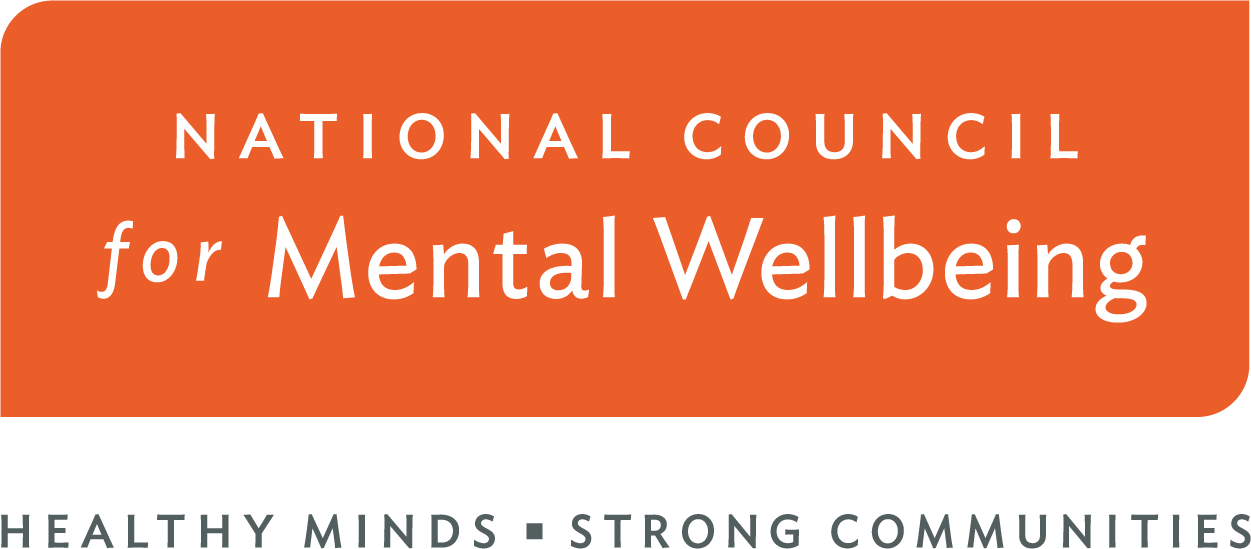After months of work on the topic, the House of Representatives last Friday passed a wide-ranging package of legislation aimed at addressing various facets of the opioid crisis. The bipartisan Substance Use-Disorder Prevention that Promotes Opioid Recovery and Treatment for Patients and Communities (SUPPORT) Act (H.R. 6) combines 58 individual previously-passed bills that focus on topics ranging from expanding access to opioid addiction treatment to encouraging the adoption of alternative forms of pain management and more. Attention now turns to the Senate as legislators are building their own version of an opioid package, which will need to be reconciled with the House version before being signed into law by the president.
NATIONAL COUNCIL PRIORITY BILLS
Throughout Congress’ attention and efforts to address the opioid crisis, the National Council has been advocating for a number of important measures, some of which were included in the final SUPPORT Act. Among National Council priorities that were included are:
- The Special Registration for Telemedicine Clarification Act (H.R. 5483): Requires the Drug Enforcement Agency (DEA) to establish a special registration process for certain providers that wish to prescribe controlled substances via telemedicine. This would remove barriers to accessing medication-assisted treatment for opioid use disorders in rural and frontier areas, and is a direct result of National Council advocacy efforts.
- The Substance Use Disorder Workforce Loan Repayment Act (H.R. 5102): This bill would create a program to help addiction treatment professionals repay student loans, adding incentives for students to pursue these professions and ultimately increasing timely access to treatment for individuals living with addiction. This legislation was introduced as a result of education and advocacy by the National Council and the Association for Behavioral Health in Massachusetts.
- Improving Access to Behavioral Health Information Technology Act (H.R. 3331): Incentivizes behavioral health providers to adopt electronic health records (EHRs). Behavioral health providers have adopted EHRs more slowly than physical health providers as they have traditionally not had the resources needed to implement the technology. A companion bill passed the Senate in May. Read Linda Rosenberg, President & CEO of the National Council’s endorsement of the bill here.
- Ensuring Access to Quality Sober Living Act (H.R.4684): Requires the Substance Abuse and Mental Health Services Administration (SAMHSA) to identify and disseminate recovery housing best practices, such as the National Alliance for Recovery Residence’s (NARR) quality standards, to the states and provide them with technical assistance to adopt the standards. The bill aligns closely with the recommendations of the National Council’s State Policy Guide for Supporting Recovery Housing.
- The CHIP Mental Health Parity Act (H.R. 3192): Requires states to cover mental health and addiction treatment for pregnant women and children under the Children’s Health Insurance Program (CHIP). The measure ensures that the program covers behavioral health services at parity with physical health services and in a culturally and linguistically sensitive manner.
OTHER PROVISIONS
While the SUPPORT ACT largely consolidated bipartisan, noncontroversial measures, there was a notable exception with the inclusion of a bill to loosen the IMD rule. The IMD CARE Act (H.R. 5797) lifts what is known as the “IMD exclusion,” to provide Medicaid payments for in-patient opioid addiction treatment for individuals for up to 30 days in certain facilities. The National Council has long supported lifting the IMD exclusion, but the bill’s exclusive focus on individuals with opioid addiction raises concerns about accessibility of services for individuals living with addiction to other substances. Moreover, a continued lack of investment in community-based care could hinder individuals’ progress toward recovery if they are unable to access timely, high-quality outpatient services upon leaving residential care.
Notably, another controversial measure – the Overdose Prevention and Patient Safety Act (H.R. 6082), which would amend the regulation governing the sharing of substance use disorder treatment records (42 CFR Part 2), was not included in the SUPPORT Act.
